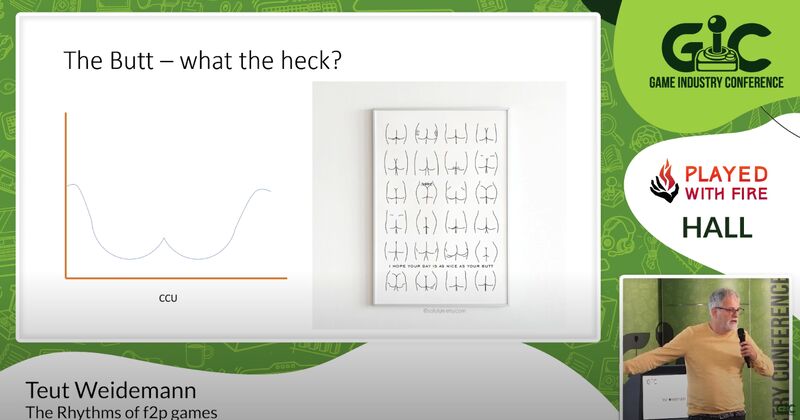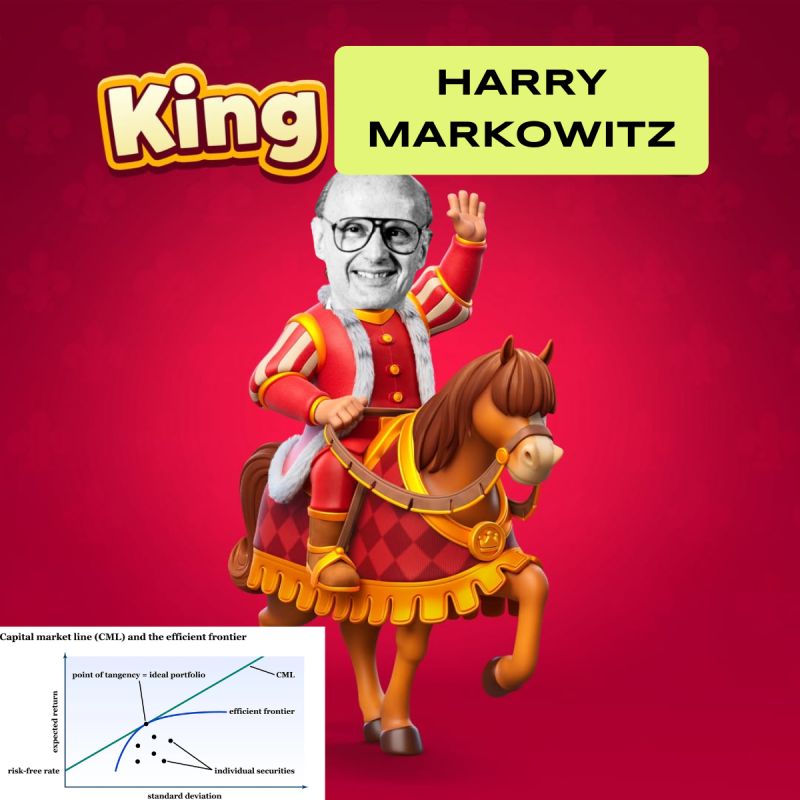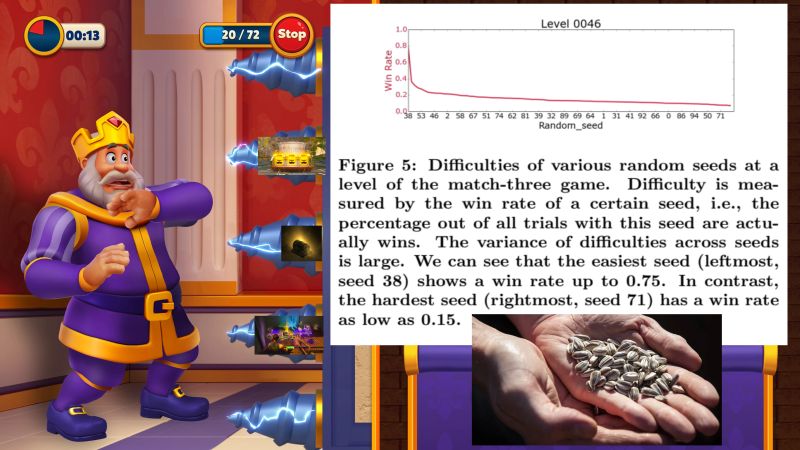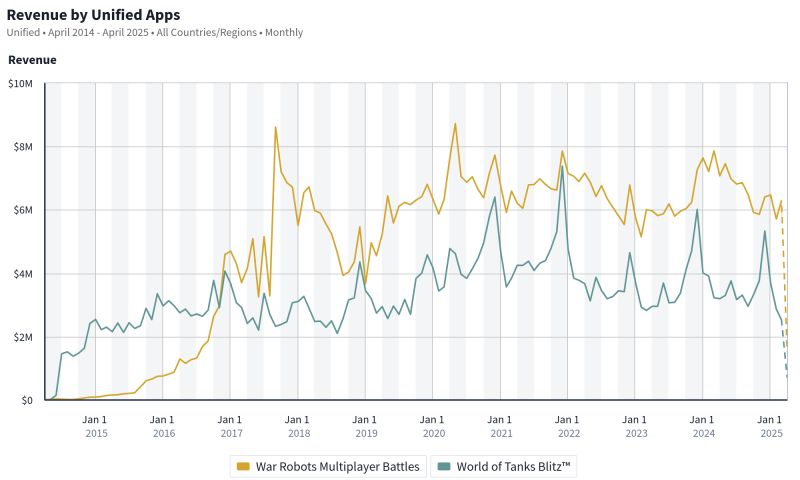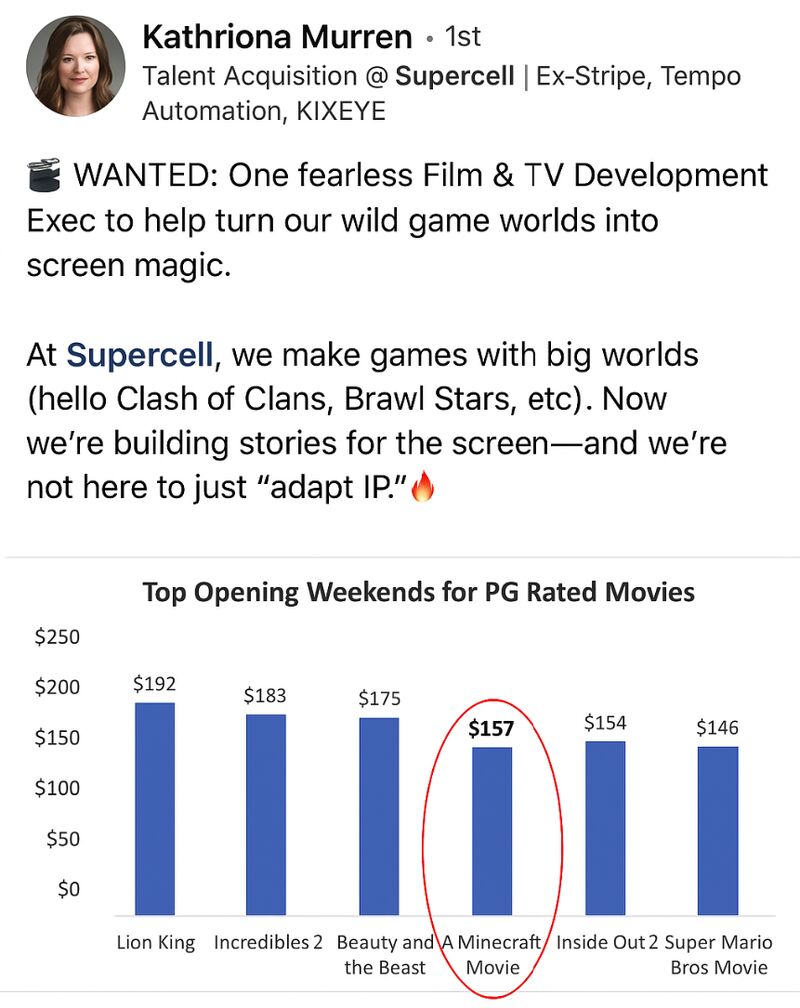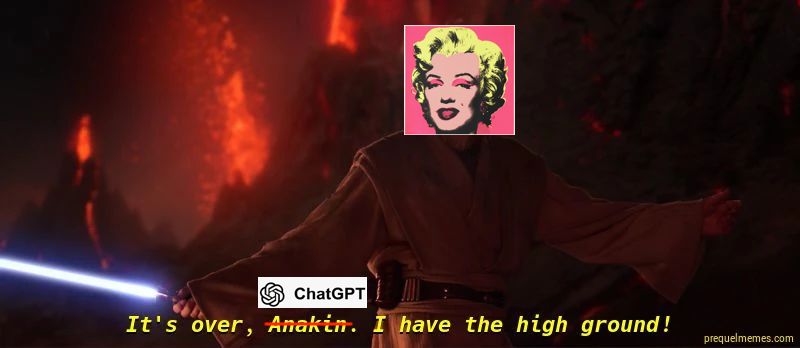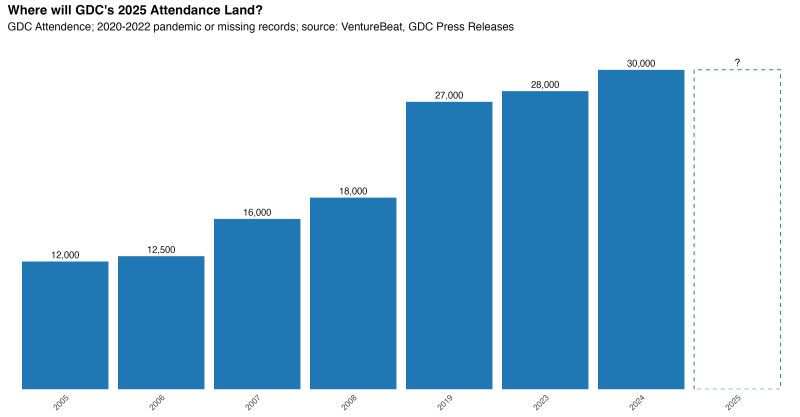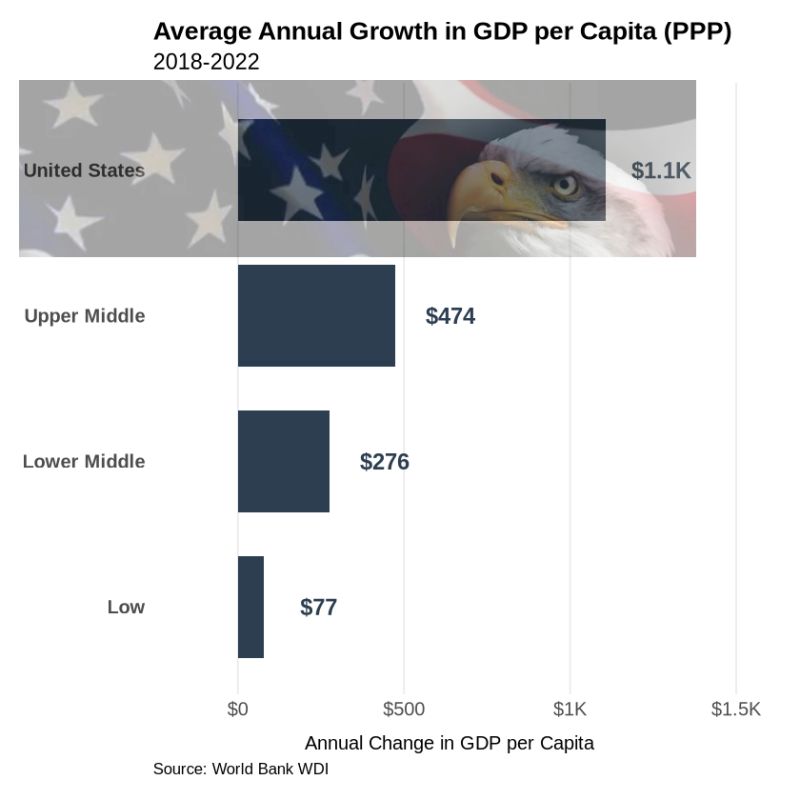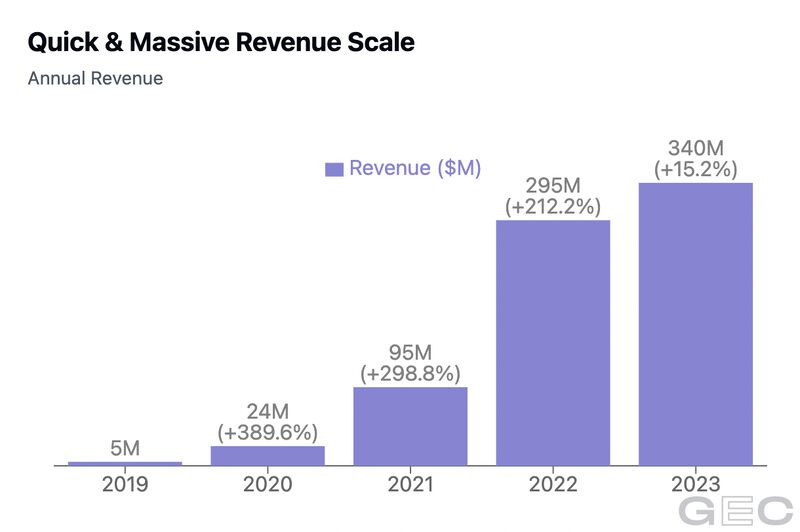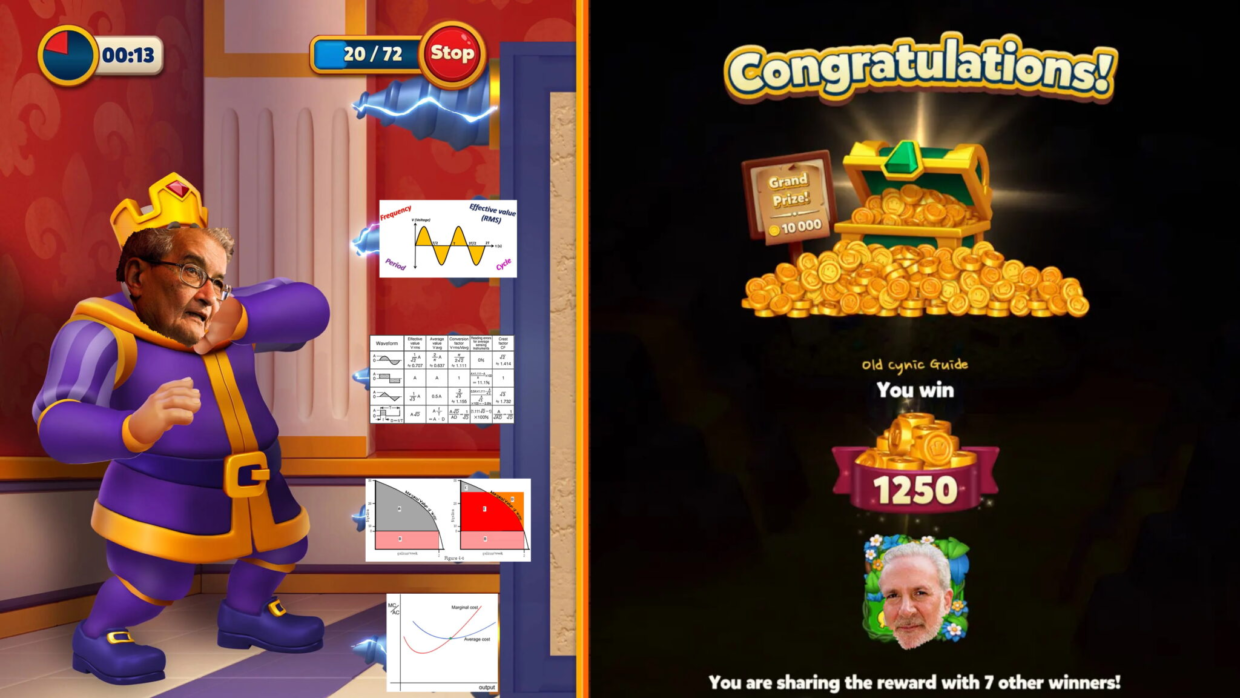Sometimes the Butt of F2P Liveops will consume my thoughts for a day.
Sometimes the Butt of F2P Liveops will consume my thoughts for a day. Today is that day. In the talk, Teut Weidemann documents the rhythms of F2P engagement and monetization curves like an archaeologist uncovering a secret code. He illustrates what happens when you zoom in. Like, really in. For instance, concurrent users during football matches (the boring European kind) dip during game time and spike during halftime. Yes, that creates a butt shape (wait until you see his next shape). This kind of minute observation makes Ultra Local Live Ops™ compelling, finally providing a meaningful avenue for the "personalization" agenda."Personalization" has become an ugly stepchild to price discrimination, mainly focused on triggering successive live ops offers. CRM efforts might localize notifications or reference local holidays, but rarely capture the immediacy of "what's happening now" or what's physically around players. […]


